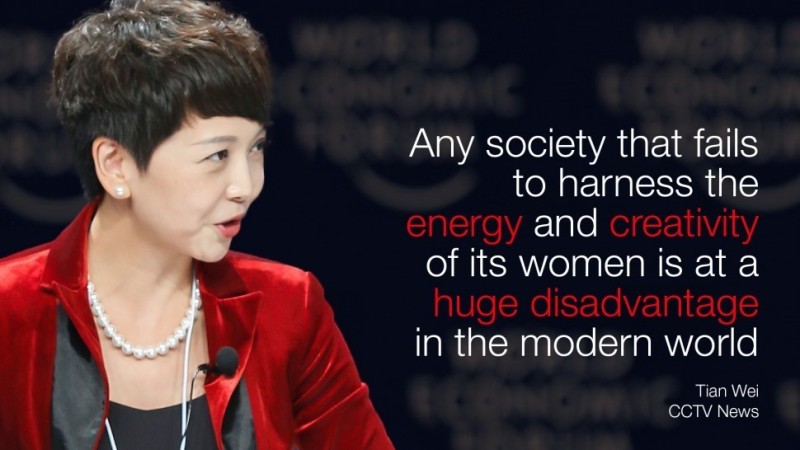With one of the largest populations in the world and an infinite amount of potential in the form of labour and workforce, India is still struggling to establish itself as an economically and socially progressive nation. One of the biggest reasons for this is the limited participation and exclusion of women from most organized sectors of work. The participation of Indian women in the workforce has seen a 10% decline in the past decade, highlighting the lowest ever female labour force participation. Female labour force participation is a driver of growth that indicates the potential for a country to grow more rapidly, making it important for developing nations like ours to ensure and encourage a greater participation of women in the workforce.
There are several reasons behind the lack of women’s participation in the workforce. Lack of job opportunities and the quality of the jobs made available for women is among one of the major reasons. In a report published by the International Labour Organization in 2013, it was noted that the disparity in jobs offered to men and women in India is also heavily dependent on the fact that only a handful of sectors employ women that too, for limited roles with little or no scope for growth. Other reasons include- the lack of social acceptance, apprehension from families and blatant discrimination in offices. Many women also stop working once the financial conditions of their households become stable and divert their efforts and attention solely to household activities.


Gender inequality and the disparity in representation of women in the Indian labour force can be tackled with an increase in vocational education for women, creation of better and greater job opportunities, introduction of policies that check the rampant discrimination in work places and improved campaigns to encourage women to work and promote the same in the society.
While all of these factors will contribute to an increase in women’s participation in the long run, in the shorter run it is extremely important for our government and other organizations to encourage and support the growth of female entrepreneurs. A study revealed that it is more likely for a woman to hire women as employees rather than men and the same tendencies are noticed among men who prefer employing males. Thus, businesses run by women will create better job opportunities for women increasing their participation and scope for growth in different sectors. This process of women empowering each other through entrepreneurial establishments and being absorbed into the workforce can result in a drastic improvement of our national GDP whilst changing regressive societal notions that limit women to household activities.
India is currently ranked 70 out of 77 nations on the Female Entrepreneurship Index. As a nation and a society we all must contribute in creating a culture that promotes and supports businesses’ run by women as much as it encourages any other business. Not only will this empower women and facilitate greater gender equality but will also prove to be a highly beneficial economic alteration where the maximum potential of the nation is being utilized and employed. To highlight the importance and need for women entrepreneurs worldwide, the United Nations has designated 19th November as ‘Women’s Entrepreneurship Day’.




